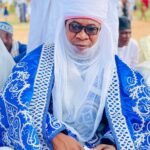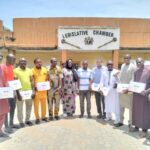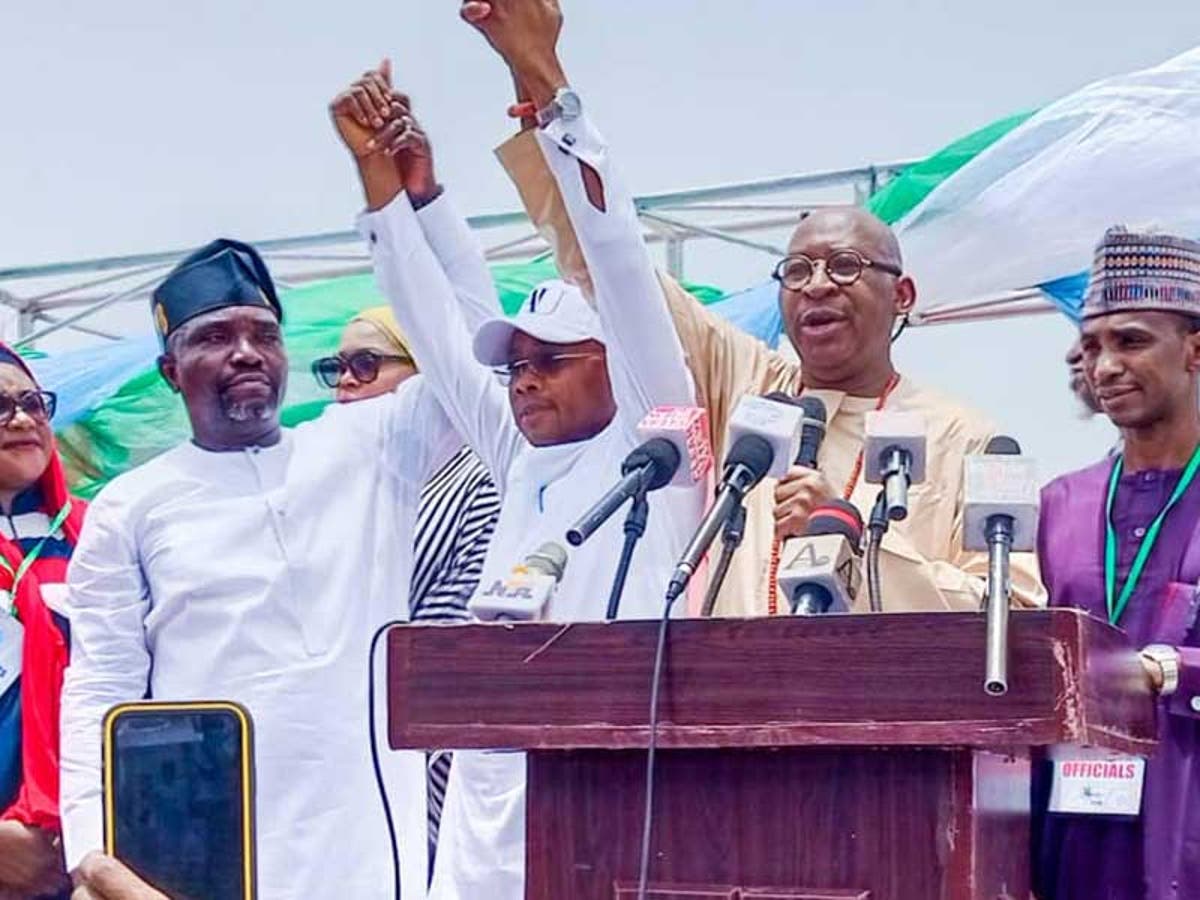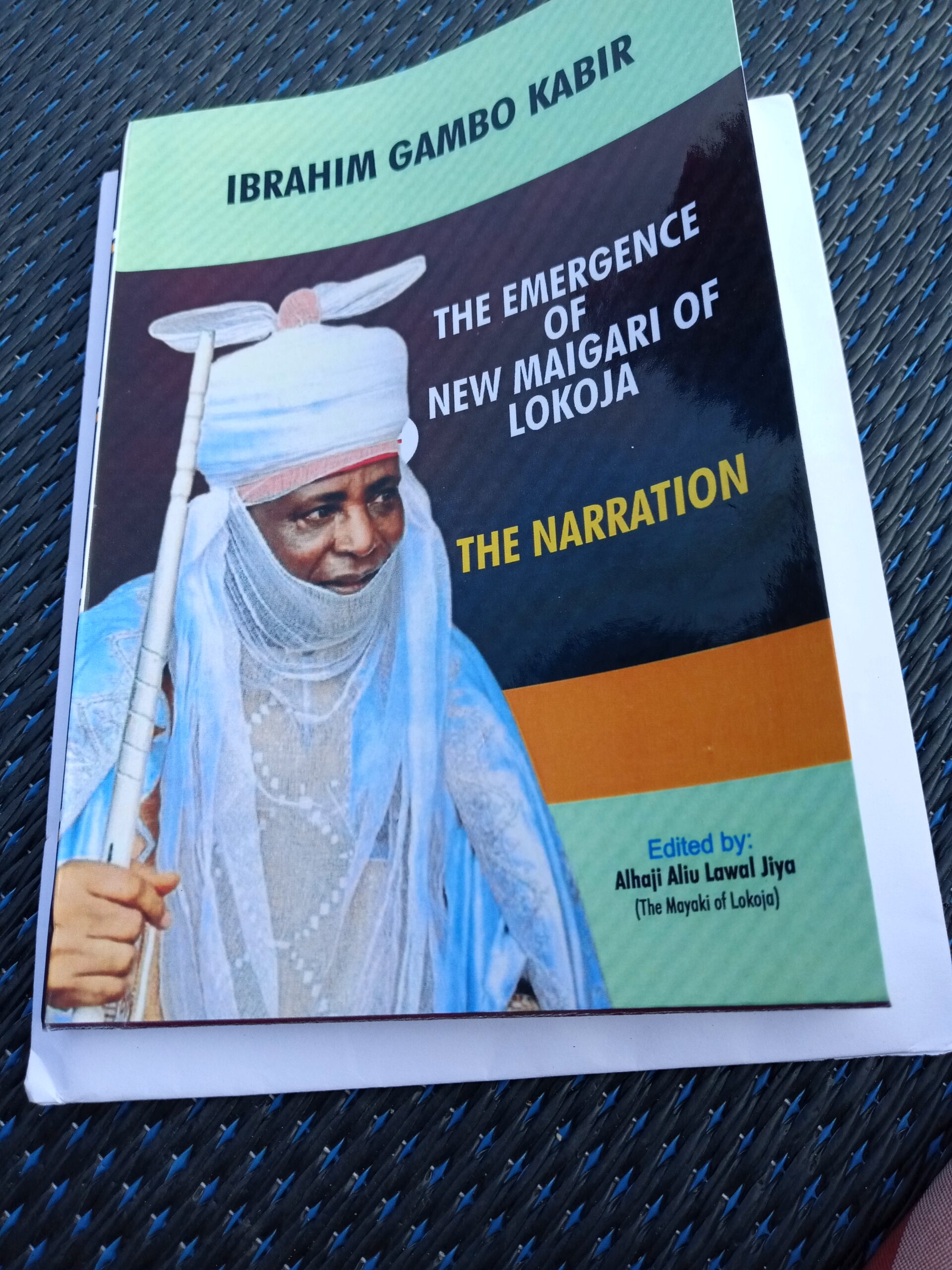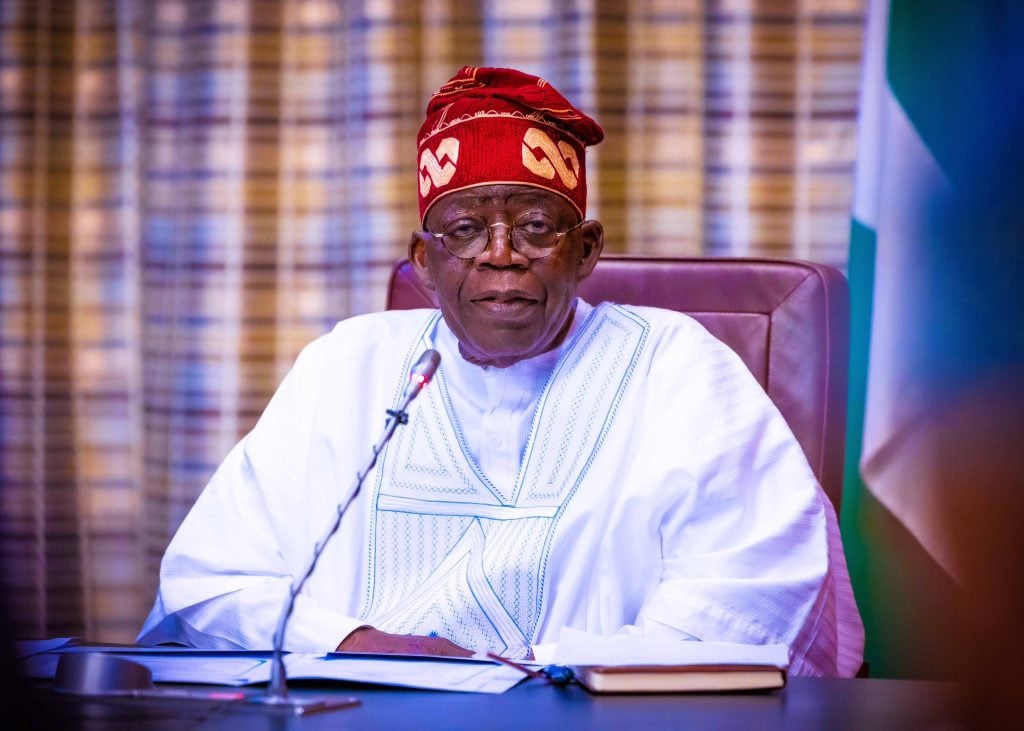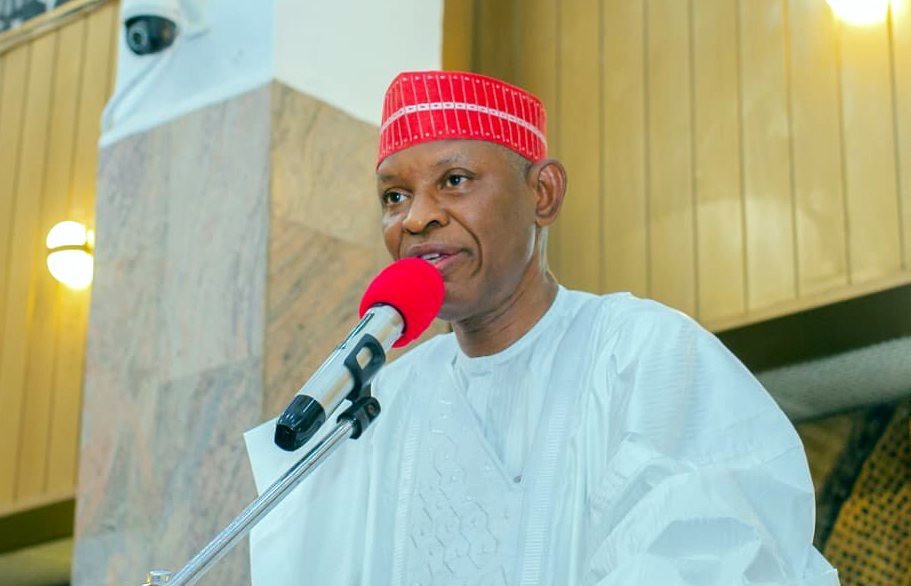By Daniel Adaji.
In Kogi State All Progressives Congress (APC) governorship primary election conducted on April 14, 2023, the Auditor-General of Local Governments in the state, Usman Ododo, was declared winner, in spite of the outcry by party members that no election took place. But did Ododo, an appointee of Yahaya Bello, qualify to have contested the election?
Section 84(12) of the Electoral Act 2022 provides thus: “No political appointee at any level shall be a voting delegate or be voted for at the convention or congress of any political party for the purpose of the nomination of candidates for any election.”
Section 84(13) further provides that “where a political party fails to comply with the provisions of this act in the conduct of its primaries, its candidate for the election shall not be included in the election for the particular position in issue.”
Who are political appointees, according to the Constitution of the Federal Republic of Nigeria? Section 318(1) of the 1999 constitution clearly enumerates those who are public servants. It clearly states that ”civil service of the state” means service of the government of a state in a civil capacity as staff of the office of the governor, deputy governor or a ministry or department of the government of the state assigned with the responsibility for any business of the government of the state”
As Auditor-General of local governments in Kogi State, Ododo is an appointee of the governor
It lists out those affected, saying “public service of a State’ means the service of the State in any capacity in respect of the Government of the State and includes service as:
(a) Clerk or other staff of the House of Assembly;
(b) member of staff of the High Court, the Sharia court of Appeal, the Customary Court of Appeal; or other courts established for a State by this Constitution or by a Law of a House of Assembly;
(c) member or staff of any commission or authority established for the State by this Constitution or by a Law of a House of Assembly;
(d) staff of any local government council;
(e) staff of any statutory corporation established by a Law of a House of Assembly;
(f) staff of any educational institution established or financed principally by a government of a State; and
(g) staff of any company or enterprise in which the government of a State or its agency holds controlling shares or interest.”
As Auditor-General of local governments in Kogi State, Ododo is an appointee of the governor, in the category of public servants, at local councils, who should not have participated in the party’s governorship primaries, unless he resigned from his position.
The invocation on this section of the Constitution caused the resignation of several cabinet members of President Muhammadu Buhari’s administration in 2022, to enable them participate in the APC’s presidential primary elections.
Those who left their jobs included the Ministers of Transportation, Rotimi Amaechi; Niger Delta Affairs, Godswill Akpabio; Science, Technology and Innovation, Ogbonnaya Onu; Minister of State for Petroleum Resources, Timipre Sylva; and the Minister of State for Education, Chukwuemeka Nwajiuba.
Others who did not have the courage to resign kept their jobs but withdrew from the APC’s presidential and governorship primary elections. They include: the Attorney-General and Minister of Justice, Abubakar Malami (SAN); Minister of State, Mines and Steel Development, Uche Ogah; Minister of Women Affairs, Pauline Tallen; the Minister of State for Niger Delta Affairs, Tayo Alasoadura; and the Minister of Labour and Employment, Chris Ngige.
APC’s desperation to do Governor Yahaya Bello’s bidding
It is not as if the APC’s leadership was unaware of these provisions of the Constitution and Electoral Act 2022. But vested interests at the APC’s national headquarters in Abuja may have played to the gallery in their desperation to do the bidding of Kogi State Governor Yahaya Bello ahead November 2023 governorship elections.
First, the party demonstrated its subservience to Bello when it yielded to his demand to conduct indirect primary election to determine the party’s flagbearer in the state. An indirect primary election meant that only party’s executive members, elected officials and government appointees would be eligible to vote. In a system in which the governor determined who got what positions, an indirect primary election would not be a level playing ground for party members who vied for the ticket.
In 2019, ignoring the outcry by party members, the then APC National Chairman Adams Oshiomohle allowed indirect primary election in Kogi, a step that gave Bello a thoroughfare, leaving other party members to sulk in bitterness.
The party was ready to repeat Oshiomohle’s error by allowing indirect primary in Kogi State, while it planned direct primary elections in Imo and Beyalsa States primary election, if some party members had not led a protest to the national secretariat.
However, the direct primary election conducted on April 14, 2023 was a mockery of democratic process of conducting a true election to determine the choice of party members at the ward level about who should fly the party’s flag in November, 2023 governorship election. As it were, thousands of the party’s members in Kogi State waited at their wards in vain from morning till 2.00pm when the ward elections ought to have been conducted, but saw no electoral officials.
In spite of the fact that elections were never seen to have been conducted, Patrick Obahiagha, the secretary of the Kogi APC Primary Election Committee, declared results that indicated that over 93,793 party members votes. The doubtful results that emerged were as follows:
Salami Momodu 1,506
Abubakar Yahaya-Ashemogu 1,159
Shaaibu Abubakar-Audu 763
Stephen Ocheni – 552
Sanusi Ohiare – 424
Smart Adeyemi 311
Usman Ododo 78,704
Information available to me from the other 238 Wards in the State indicate that no election took place at the Ward
Even before the results were declared, one of the contestants, Dr Sanusi Ohiare, raised the alarm to alert APC national headquarters, the Independent National Electoral Commission (INEC) and Nigerians that no primary elections were conducted in Kogi State.
Dr Ohiare had said, “Information available to me from the other 238 Wards in the State indicate that no election took place at the Ward. Recalled that same anomalies and secrecy in compiling the delegates lists made the court declare the delegates list as null and void. It is unfortunate that the same process is playing out again as no election is ongoing in the Ward”, warned against such abnormality as it could lead to a loss of the State by the APC as witnessed in other States.”
Apart from these, the disqualification of Murtala Ajaka from the primary election is a bone of contention, considering the fact that after a Kogi High Court pronounced his disqualification, another court voided the pronouncement. In the next few days, the national secretariat of the party will be inundated with several lawsuits over its misconducted in Kogi State governorship primary election.
First published in The Insight



